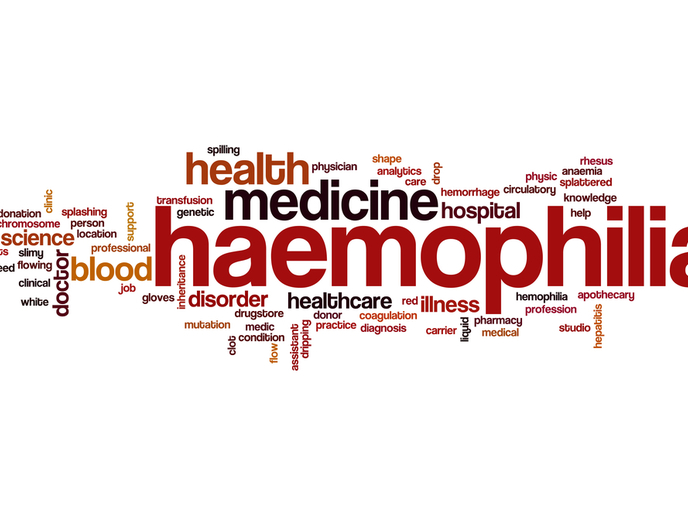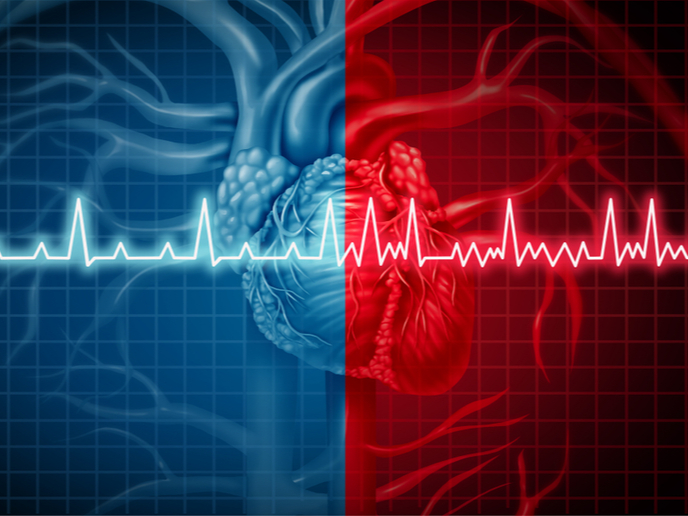Could targeting our immune responses help in the fight against hypertension?
Despite extensive research, the mechanisms of most cases of hypertension remain unclear. In spite of therapies available, over 40 % of treated patients do not improve on medication and since the mid-1980s, no new classes of drugs have been successfully developed to treat hypertension. Noting that mice lacking T cells or monocytes are protected from severe hypertension and renal/vascular dysfunction, the EU-supported research carried out by the ImmunoTension project, considered a novel mechanism for hypertension. They assessed the involvement of T lymphocytes, monocytes and dendritic cells in the condition. But the relevance for human hypertension remained unclear, so the ImmunoTension project stepped in to try and clarify what the interaction is. The immune system, which seems to be an essential component in the hypertension mechanism, has been overlooked as it was not typically associated with blood pressure regulation in classical physiology. Lead Researcher, Professor Tomasz Guzik, explains, “The aim of the project was to identify key alterations of the immune system in patients with hypertension. These were first studies comprehensively characterising immunity and inflammation, and human hypertension.” Using tests looking at multiple cytokine levels circulating in plasma, along with studies characterising immune cells using flow cytometry techniques, Prof. Guzik identified how immune cells are attracted by vessels and kidneys in hypertension. “We identified that targeting chemokines, such as chemokine RANTES, may provide a potential therapy. We can use the same medications that are used in treatment of AIDS.” But, as ever, there is no magic bullet. Hypertension is a disease of complex and multifactorial pathogenesis, so not all patients with hypertension have identical involvement of the immune system in pathology. “We identified that about 30 % of hypertensive patients have strong immune phenotype,” says Prof. Guzik. To muddy the waters further, many patients are treated with potent medications that can alter the inflammatory profile. For example, the researchers found that patients receiving angiotensin converting enzyme inhibitors, exhibit a reduced inflammatory signature, which may in part explain their beneficial effects. The identification of immune/inflammatory mechanisms of human hypertension is only the first step towards successful therapeutic use, or their use as biomarkers. “Many cardiologists are reluctant to consider immune targeted medications in the treatment of cardiovascular disease, for fear of side effects, so we need to identify specific hypertension related mechanisms that can be used for development of safer treatments.” These studies indicate that development of novel therapies targeting inflammation is feasible and should be launched in the near future. “Another interesting finding is that targeting chronic inflammatory processes in the body – for example in the mouth (like periodontitis, gum inflammation), or in the skin (psoriasis) – may be essential in improving the control of blood pressure in hypertensive patients. The latter may indicate that dentists for example could help in the treatment of hypertension.” For Prof. Guzik there is the additional satisfaction of seeing the research through: thanks to EU-support he has been able to provide the first clinical translation of basic findings in the field that he initiated several years before. And his work doesn’t stop there. “The project is now being developed further to address whether newly identified molecules and cell subpopulations may serve as valuable therapeutic targets in humans. I have received support from the European Research Council to continue this work and the results of ImmunoTension helped to bring this about.”
Keywords
ImmunoTension, hypertension, immune system, T lymphocytes, monocytes, dendritic cells







